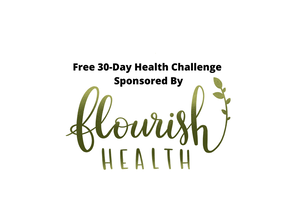Welcome to Day 7!
|
We are moving to a new area of neurology and the nervous system - the Autonomic Nervous System (ANS) and the Vagus Nerve.
ANS: The part of the nervous system that takes care of our automatic functions - those we don’t think about - like breathing, heart rate and BP, digestion, skin and body temperature, hormone function, bladder function, as well as sexual function. It runs well - until it doesn’t. This is called dysautonomia. Our nervous system can feel threatened - and then it keeps us in the SNS. It takes those smoothly running things and makes them extremely variable and changeable. This can happen in response to large stimuli, but after being “stuck” and dysfunctional - it can happen to normal stimuli like touch, sounds, light, smells, food, and more. Why does this happen? Many possible causes - some of which are:
Symptoms of dysautonomia:
Tomorrow we will discuss ways to target the vagus nerve and help heal this. |
Note: if video playback is jerky, it likely means the video is buffering and waiting for your internet to catch up. If this happens, just hit the download icon (down arrow in lower right hand corner of video) and watch once it downloads. You can also tap the double arrow icon to put the video in full screen mode.
Like what you see? Feel free to share it!
Did someone send this page to you?
Miss a previous day?
|

